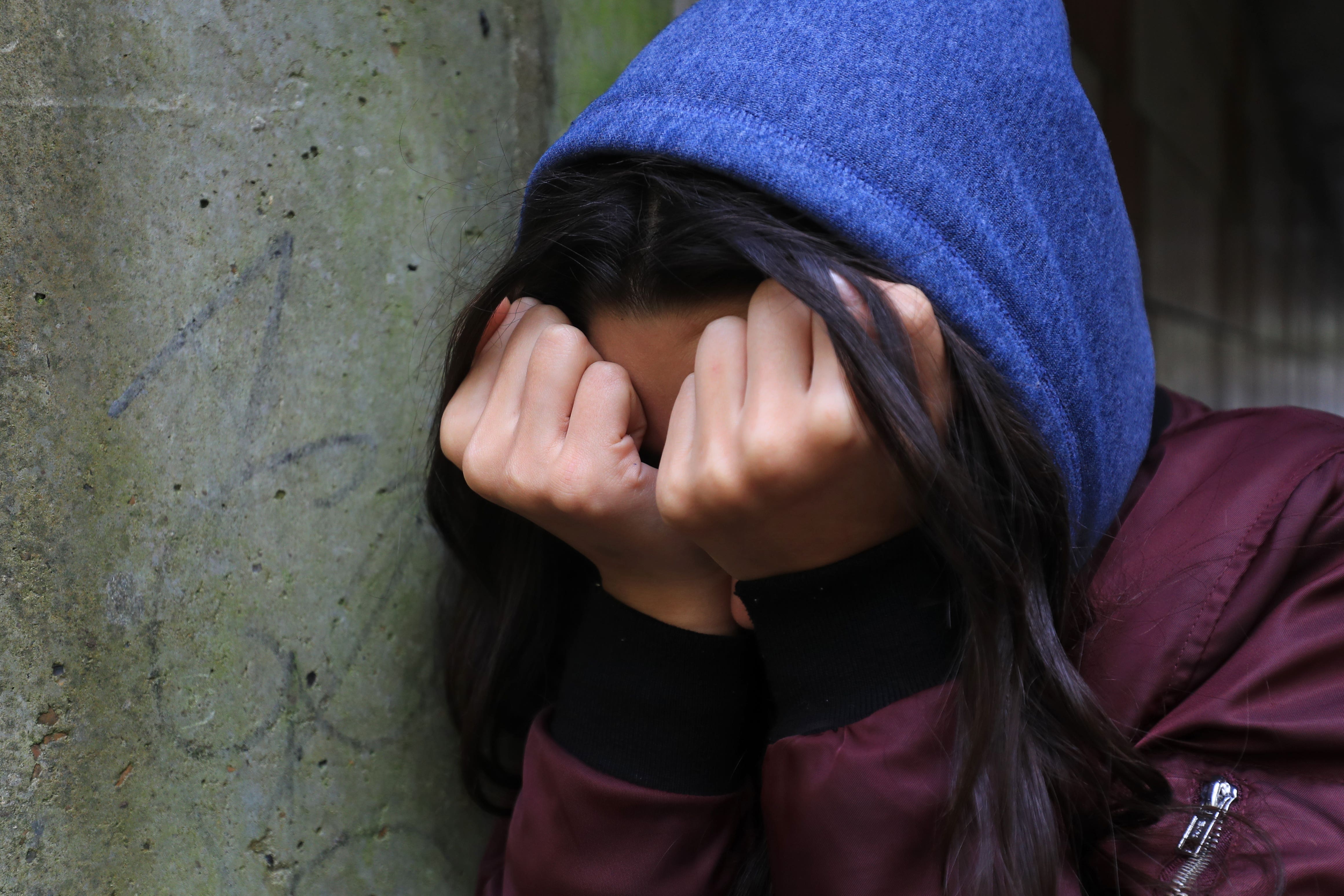Number of children referred for emergency mental health treatment rises by 53%
The Royal College of Psychiatrists said many children have suffered worsening mental health while on waiting lists for treatment.

There has been a dramatic rise in the number of children being referred for emergency mental health treatment.
Data analysed by the Royal College of Psychiatrists shows a 53% rise in referrals to Child and Adolescent Mental Health Services (CAMHS) crisis teams in England.
The college said many of these under-18s have suffered worsening mental health while on NHS waiting lists for treatment.
There were 32,521 referrals to CAMHS crisis teams in 2022/23, up from 21,242 in 2019/20.
It’s unacceptable that so many children and young people are reaching crisis point before they are able to access care. We cannot allow this to become the new norm
Dr Elaine Lockhart, chairwoman of the college’s child and adolescent faculty, said: “It’s unacceptable that so many children and young people are reaching crisis point before they are able to access care. We cannot allow this to become the new norm.
“Severe mental illness is not just an adult problem. The need for specialist mental health services for children and young people is growing all the time.
“The evidence shows us that children who receive support quickly are less likely to develop long-term conditions that negatively affect their education, social development and health in later life.
“Government and integrated care boards must commit to reducing the rate of mental illness among children by setting an achievable target.
“This needs to be backed by an expansion of the mental health workforce and additional funding for services.
“Investing in children’s mental health will ultimately free up NHS time and resources, while ensuring the country has a healthy and productive population in the years to come.”
The college said around half of mental health conditions arise before the age of 14 and three-quarters before the age of 24.
Data shows under-18s who are waiting for follow-up after a GP referral for mental health problems have already waited on average five months and, in the worst case, almost two years.
The Royal College of Psychiatrists said last year’s Government announcement of an extra £5 million to improve access to existing early support hubs was welcome but it predicts an extra £125 million to £205 million is needed to establish hubs in every local authority, with running costs of at least £114 million per year.
Laura Bunt, chief executive of YoungMinds, said: “Every young person should be able to access the help they need when they need it.
“The Government must prioritise young people’s mental health and make it much easier for them to get support.
“As a start, they must commit to providing an early support hub in every community so young people can get help without a referral or appointment.
“Beyond that, we want to see action to reduce the numbers needing help in the first place with a properly costed plan for young people’s mental health.”
It comes as the Royal College of Paediatrics and Child Health (RCPCH) published a statement outlining the “changing role” for paediatricians in being involved in identifying and helping children with poor mental health.
RCPCH officer for mental health Dr Karen Street said: “The entire children’s workforce has a role to play in tackling the current crisis in children’s mental health but as paediatricians we are particularly well placed to make a difference.
If we are ever to get out of this dire situation then we need meaningful support for health services and staff, as well as child-focused policies that can improve the physical, emotional, social and educational wellbeing of young people
“Research shows paediatricians are the most trusted profession for secondary school children across all ethnicities and backgrounds, and that children see doctors as a key group to support their mental health.
“We know that paediatric settings and emergency departments are not ideal for children and young people experiencing a crisis in their mental health, but they cannot be left without support.
“If we are ever to get out of this dire situation then we need meaningful support for health services and staff, as well as child-focused policies that can improve the physical, emotional, social and educational wellbeing of young people.
“The responsibility to tackle this growing mental health emergency cannot be left to healthcare professionals alone.”
An NHS England spokeswoman said: “The latest figures show the NHS is now treating more young people than ever before, and the health service is expanding mental health services as quickly as possible within the current five-year funding arrangements to help meet increasing demand, with 44% more children and young people accessing support since 2019/20.
“Early support for children and young people with mental health issues is a priority for the NHS, and plans are in place to ensure more than one in two pupils and learners in schools and colleges are covered by an NHS mental health support team by spring 2025 – significantly ahead of the original target.”
Bookmark popover
Removed from bookmarks